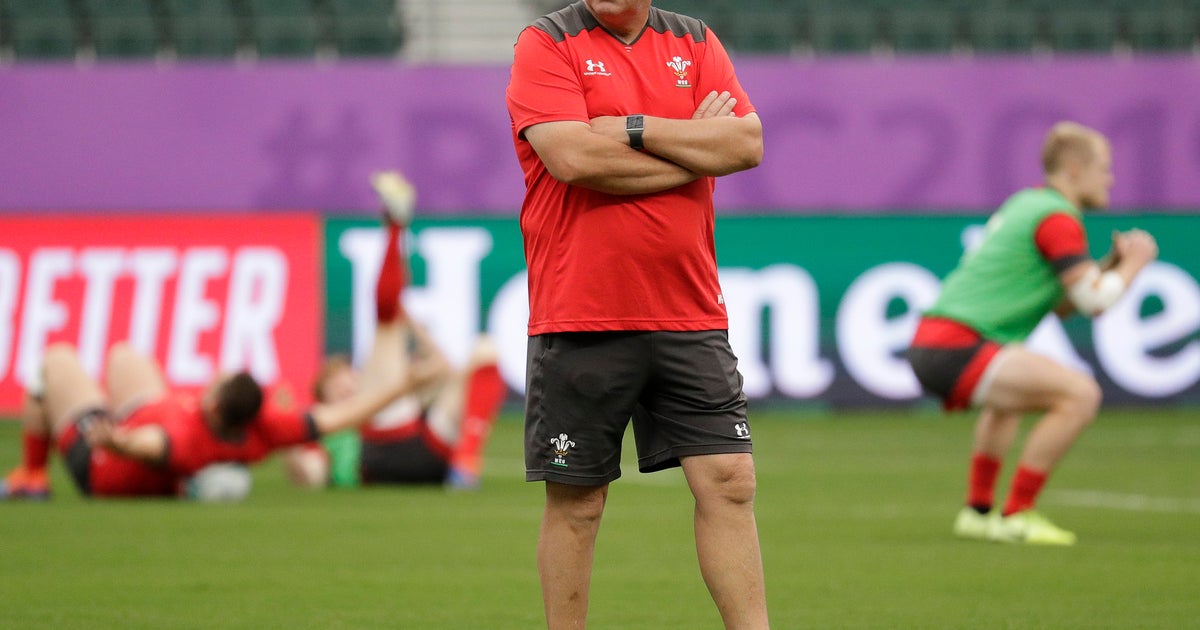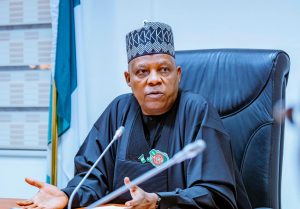Kiwi coaches to the fore in Rugby World Cup quarterfinals


Of the eight teams remaining in the Rugby World Cup four are coached by New Zealanders who, from similar beginnings, pursued divergent coaching careers before their paths intersected at this tournament.
Steve Hansen of the All Blacks, Joe Schmidt of Ireland, Jamie Joseph of Japan and Warren Gatland of Wales have guided their teams to the quarterfinals, demonstrating the strong influence of Kiwi coaches on international rugby. Of the 20 teams that qualified for the World Cup, eight had New Zealanders as head coaches and others had Kiwis among their coaching staffs.
Hansen and Schmidt will go head-to-head on Saturday in Tokyo, so it’ll be the end of the tournament for one them. The mind games started as soon as the quarterfinals pairings were confirmed.
“We’ve got weaknesses like everybody else, so you’ve got to look at your own weaknesses as much as anybody else’s,” Hansen said. “You know that Joe does a lot of studies, so that can be a strength and a weakness. I might be able to set him up!”
Ireland produced its first ever test win over the All Blacks in 2016, and its first home win over New Zealand late last year, so there’ll be plenty of homework done on both sides this week.
“They have brought out the best in us for a long, long time,” he said. “We enjoy playing them and that hasn’t changed because they have beaten us a couple of times.
“A lot of people are going to be talking about the past, but it’s what happens on Saturday that counts.”
Hansen, Schmidt, Joseph and Gatland share similar backgrounds; all showed ability as players — Joseph and Gatland were All Blacks, while Hansen and Schmidt played at provincial level.
Schmidt was a winger for Manawatu province, Hansen a center for Canterbury, Gatland played hooker for Waikato and New Zealand, and Joseph was a backrower for Otago, New Zealand Maori and the All Blacks.
Both Hansen and Schmidt played lower-level club rugby abroad, Hansen in France and Schmidt in Ireland, and those experiences appear to have been formative, broadening their perspective and easing their transition into coaching.
Gatland and Joseph made greater marks as players. Gatland’s 140 appearances for Waikato were a record for the province and he added 17 matches for the All Blacks, though none were tests. He also played in Ireland on his way toward a coaching career.
Joseph played 86 matches for Otago province, 10 for New Zealand Maori and 30 matches for New Zealand, including 20 tests before moving to Japan aged 25. He had a lengthy club career in Japan and played nine times for the national team.
All four made rapid and immediately successful transitions from playing to coaching.
Gatland took on player-coach roles with the small Taupiri club in New Zealand and with Galwegians in Ireland before dedicating himself fully to coaching.
In an itinerant career, Gatland coached Wasps in London and Waikato before becoming Ireland coach in 1998 and Wales coach in 2007, the position he retains.
Schmidt also moved swiftly from playing to a coaching career in Ireland. In 1990 he guided Wilson’s Hospital, a small school team, to victory in its local cup competition then had success as player-coach with lower grade Mullingar.
He was an assistant coach of New Zealand’s Bay of Plenty province, the Auckland-based Blues, and Clermont Ferand in France, and a head coach of New Zealand Schools and Leinster, where he succeeded Wallabies coach Michael Cheika.
Joseph retired from playing in 2001 and became an assistant coach of New Zealand’s Wellington province. He was later head coach and coached New Zealand Maori before guiding the Highlanders to their first Super Rugby title. He became Japan head coach in 2016.
Hansen began his coaching career with Canterbury province and was an assistant with the Crusaders before following Graham Henry as Wales head coach in 2002. He became an assistant to Henry from 2004 when Henry was All Blacks head coach and, after a failure in 2007, won the World Cup in 2011 — ending a 24-year drought.
Schmidt, Hansen and Joseph share small town origins while Gatland comes from the larger provincial town of Hamilton. In New Zealand small town roots are associated with resourcefulness and self reliance.
Character contributes to coaching philosophy. Schmidt is famously methodical, credited with a photographic memory.
Gatland is conservative, the originator of “Warrenball,” a forward-orientated style.
Hansen was stern until prompted to loosen up in his dealings with the media; his coaching style seemed to follow suit and become more relaxed. Joseph was a hard-nosed player who expects a high work ethic but gives his players license to express themselves.
Gatland and Joseph were players until they became coaches. Hansen worked in an abatoir and then for eight years as a police officer before gaining his first coaching break. Schmidt was a school teacher, a background shared by many successful coaches.
Former Ireland captain Brian O’Driscoll said of Schmidt: “I’ve never seen a coach show such massive attention to detail or one with such a smart rugby brain.”
He’ll need it. Schmidt said the All Blacks have been the benchmark for a decade and beating them at the World Cup “would be a mountain to climb.”
After beating Samoa to finish the group stage, he said his Ireland players “got their boots on and got a few crampons out and have taken a little bit of an ascent.”
“The whole thing gets steeper next week,” he said, but “we will look to scale those heights.”









